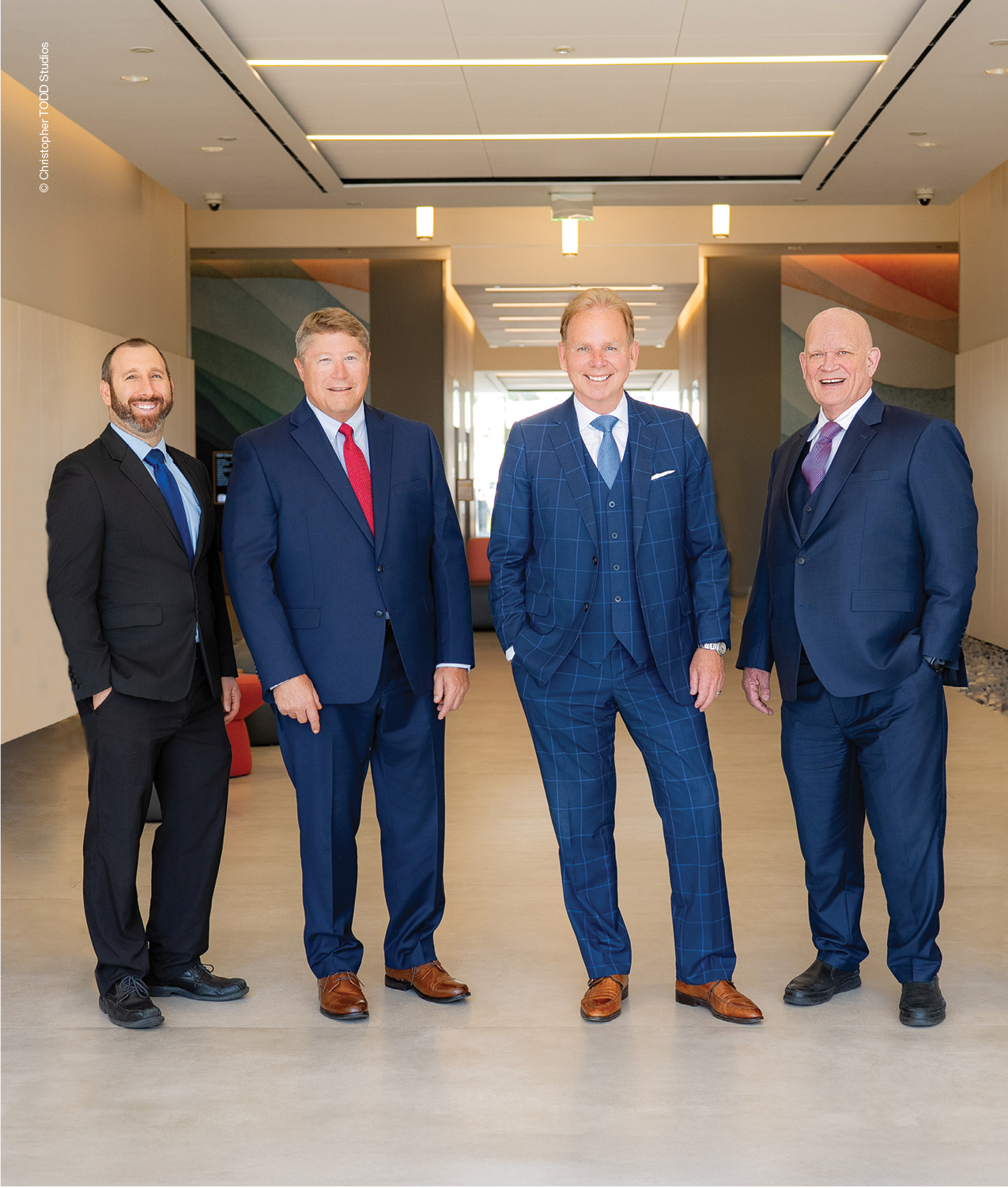Bob Denney is a recognized authority on strategy, management and leadership for law firms and companies. He serves as an outside Director on company boards and has also served as an interim CEO in turnaround and crisis situations. https://www.linkedin.com/in/robert-denney-374602a/
Sometimes You Have To Say “No”
The managing partner of one of our clients recently said to me, “The hardest thing in the world for most lawyers is to decline an opportunity for increased business, even when it’s because of a conflict or a question of ethics.”
There’s obviously no question about having to say “no” in those situations. But there are other opportunities for increased business when the wise decision for the firm or the individual lawyer would be to say “no.” Here are a few examples.
Lateral Entry Opportunity
A 40-lawyer litigation boutique was approached by a widely recognized and highly successful partner at a BigLaw firm about joining the firm as a lateral entry partner. He had a blue chip client list and a large book of business. He planned to bring his entire group with him, including two younger partners and two associates. He demanded a guaranteed compensation package that would have made him almost the highest paid partner in the firm. He also demanded that, not only his two partners but also the two associates, be brought in as equity partners.
The firm very much wanted this lawyer, his clients and the revenues that would probably ensue. But, after reviewing the situation with us, the partners decided that, if they met all his demands, it would disrupt the firm. They said “No.” Six months later our client did bring in a lateral entry partner who also had a blue chip client list and a substantial book of business but did not require his compensation be guaranteed or that the two associates he brought with him be admitted as partners. The firm has continued to grow and also has further strengthened its already strong culture. By the way, the other lawyer and the rest of his group have remained with his firm.
Client Demand
One of the top three clients of a 200-lawyer firm demanded a number of additional “value added” services as part of a different fee arrangement or they would take all of that work to another firm. The arrangement they demanded would make this client unprofitable for the firm to serve. Despite the considerable revenue involved, our client said “No.” It did, however, offer to provide other additional services at no charge and also proposed a different AFA which would still be profitable for the firm. After some discussion and negotiation, the client agreed to the firm’s proposal. Shortly thereafter, in a surprising development, the client then announced it was terminating another firm and was giving that work to this firm—work, by the way, which was also profitable.
Strategic Decision
In today’s highly competitive legal market, some firms accept work from current or potential clients even though they have limited experience or capability in an area. This is an unwise attempt to be “all things to all people,” or at least to all clients, instead of differentiating themselves by being recognized for their expertise in certain areas of practice or selected industries. What most firms should do is make the strategic decision to focus on and develop certain practice areas, types of clients or industries. Concurrent with this is to decide there are certain services they will not attempt to provide or certain clients they will not accept and, as a result of this strategic decision, decline opportunities for increased business in these instances.
This does not mean firms should say to their clients at times, “We don’t want your additional work.” What they should say is, “We’re not the best choice for this work. Let us refer you to a firm that has the expertise you need in this area.” By handling the situation this way, the firm strengthens its relationship with its clients because it demonstrates that it places their interests ahead of its own desire for additional business.
Despite the soundness of this decision, there will still be partners or managers in the firm who disagree. Some will say, “That’s all well and good but it’s just bringing another firm into the picture and running the risk of our eventually losing the client.” That misses the point. The realities are:
You can’t prevent a client from using other law firms or professional advisors and...
You keep clients loyal to you by serving them superbly and earning their trust.
Others in the firm will say, “That’s fine for established firms who have so much business they can afford to say ‘No.’ We can’t.” The reality in this case is that, if you decide you can’t afford to decline business until you’re established and overwhelmed with work, you’ll never be established and differentiated from your competition.
This principle doesn’t just apply to law firms. It applies to every business and professional firm—including consulting firms such as ours. Yes, we practice what we preach! It’s not easy and it requires courage. But successful operations have learned that sometimes you have to say “No.”









